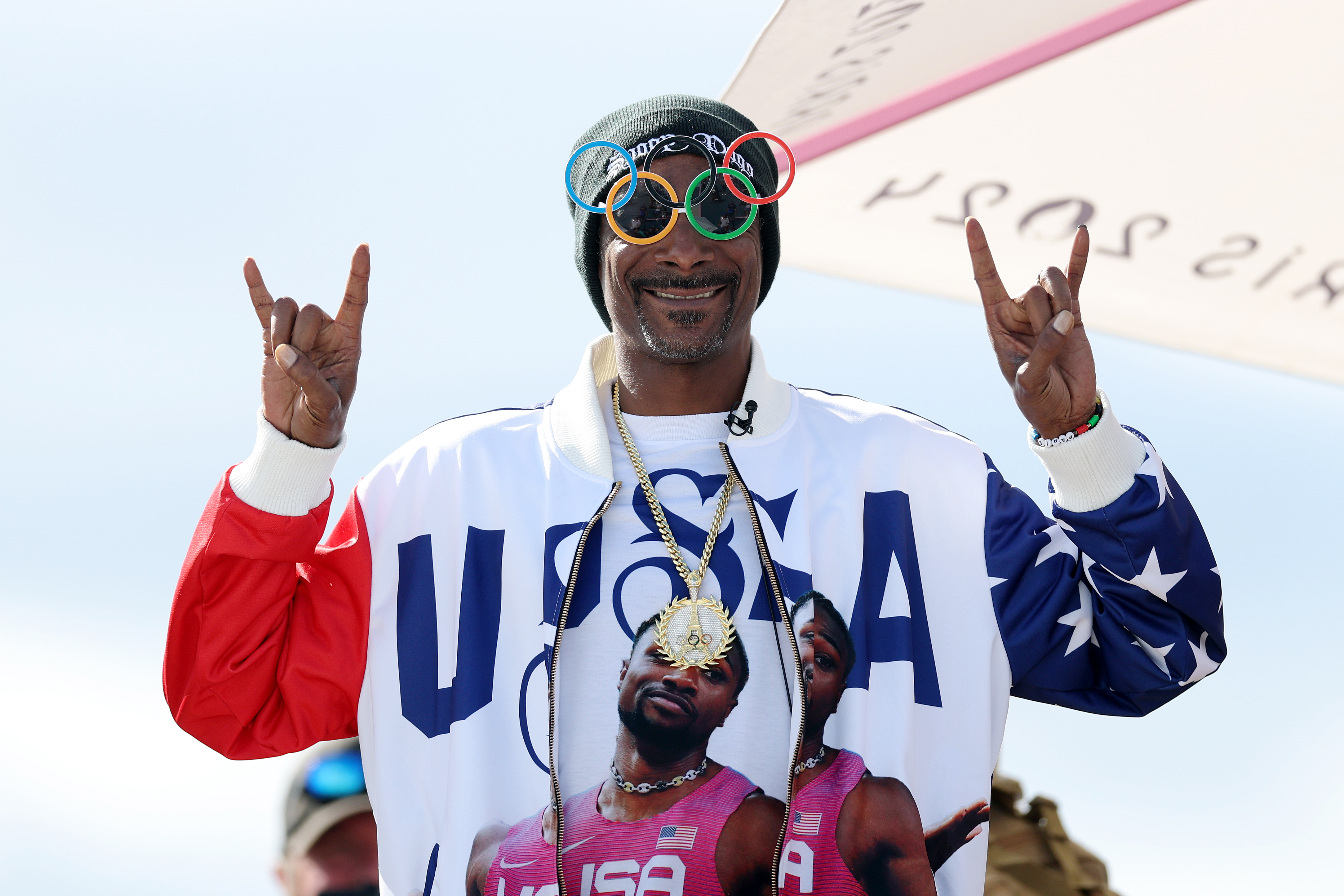
Next TV writers Daniel Frankel and David Bloom are still here, parsing the week's technology, media and telecom news...
DAVID BLOOM: Oh, Danny boy, such a week of mayhem for the business of television, and for lovers of the Next Text brand, of which there are perhaps more than of cable TV. At least that’s what it seems like lately. When’s the last time a company you worked for wrote off more than $9 billion in value for one of its most important divisions, as Warner Bros. Discovery did, sending shares plunging to an all-time low? Or for that matter, a mere $6 billion write-off, along with 2,000 layoffs, as Paramount is doing? Paramount shares actually rose Friday morning, which says how much post-traumatic stress its non-controlling shareholders have (boy, is Warren Buffett looking smart, again, for pulling the ripcord last spring on his stake, despite losing “a ton of money").
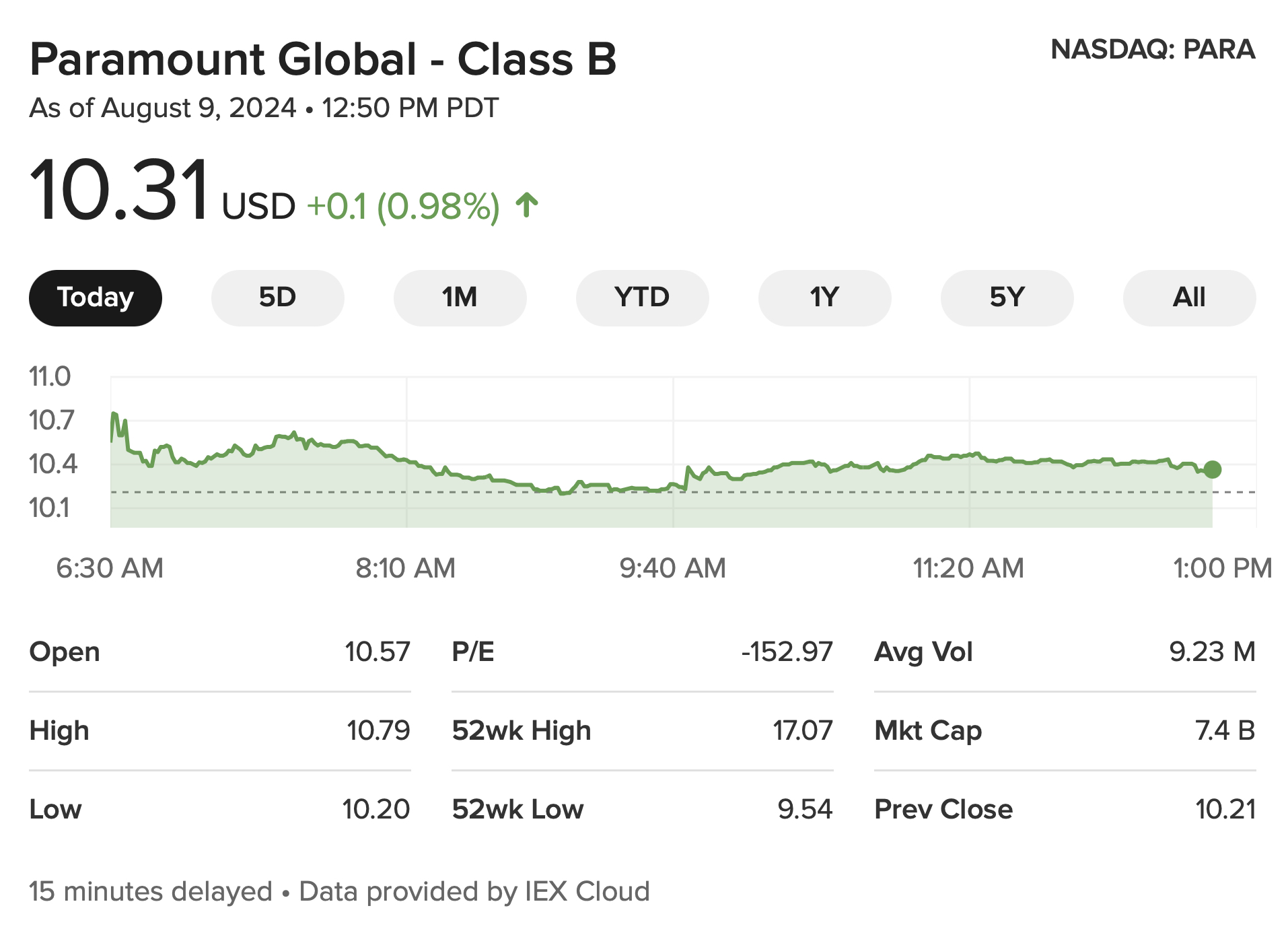
But hey, those cable operations at WBD should be fine. Zaslav’s remaining minions locked up a deal with Charles Barkley, the Round Mound of No NBA TV Show To Rebound From After Next May, to do ... something.
They also signed a deal with the Savanna Bananas, an independent baseball team with a Bill Veeck-worthy flair for promotion whose roster has included former major leaguers Johnny Damon and Hunter Pence. Entertaining the Bananas are, in a Harlem Globetrotters way, but is this going to drive higher carriage fees for a collapsing business unit?
And given that pending suit against the NBA, does WBD really think it can get Hollywood kingmaker Ari Emmanuel to give it a deal on the upcoming rights for TKO-owned UFC, the last major TV rights deal out there until around 2030? The bigger issue here, of course, is that legacy studios are finally saying the quiet part out loud. They’re worth a lot less than they were even two years ago. Streaming is a nice business, but it won’t replace the money-printing machine that was cable TV between about the 1990s and 2018. You can say Bye, Bye, Bye to the era of 40-percent-plus margins.

I was on a Future of TV online panel with Needham senior analyst Laura Martin recently, and to say she was dismissive of the traditional cable TV bits that David Ellison is buying doesn’t do adequate justice to her withering scorn. They’re heading to “zero," she said. Same with the scheme, briefly floated, to spin off WBD’s underperforming cable pieces and its $38 billion in debt into a separate company. Brilliant, DZ, except who’s buying CrappyCo? Zaslav actually said this week that he sees his company’s still-crushing debt as an asset. Both I and LightShed analyst Rich Greenfield found that a perfectly Orwellian construct: "Debt is a liability, not an asset. And if WBD had less debt, they could invest far more heavily in content creation,” Greenfield rebuked in an investor note. But you know, being confused about debts and assets might explain some of Zaslav's dumbass decisions.
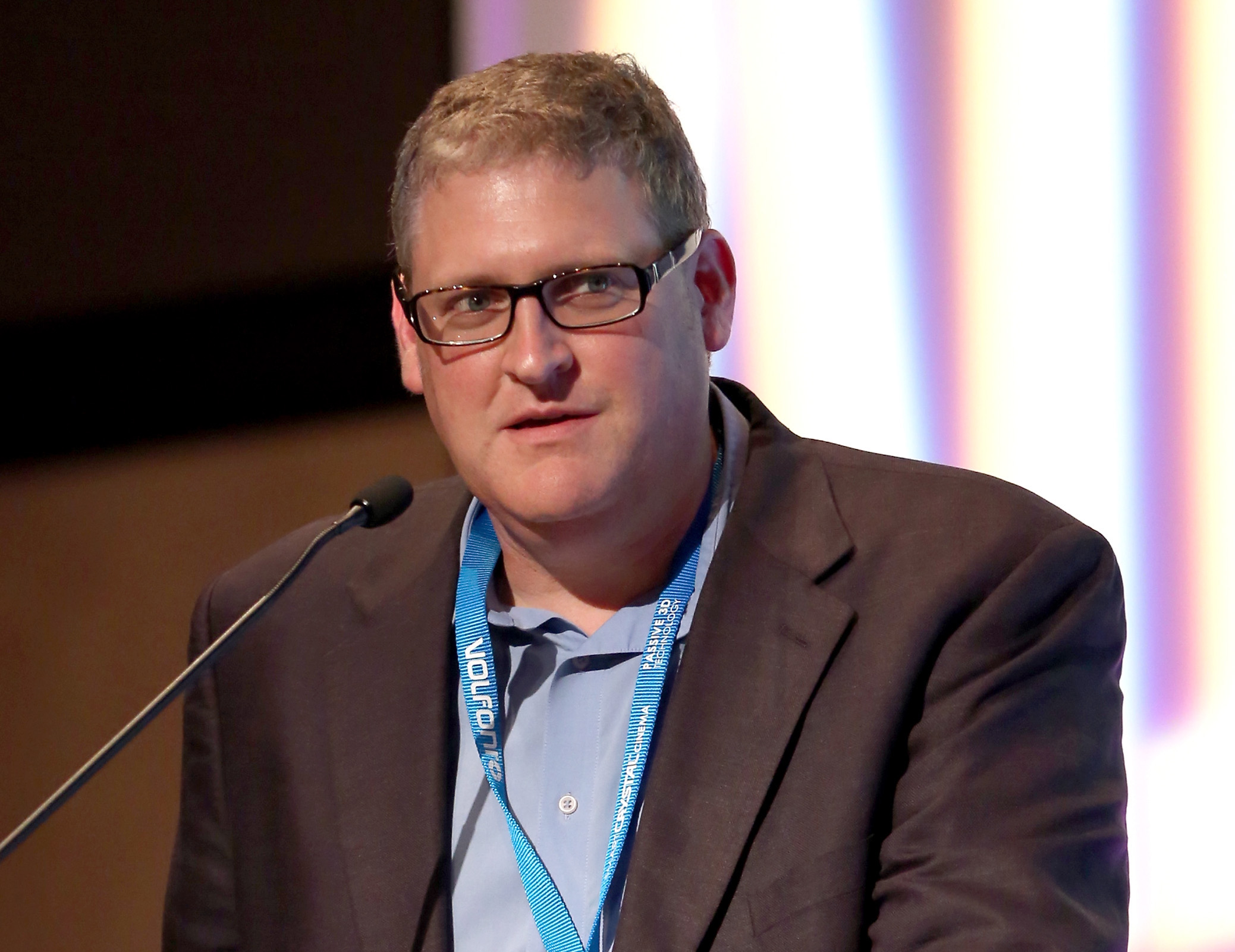
FRANKEL: What's the Kamala Harris campaign motto? "We Will Not Go Back"? Warner Bros. Discovery built a business model on trying to turn back the clock on consumer consumption habits. David Zaslav told investors that he was going to fill the multiplex with more sequels and reboots, and right-size sports programming through his sheer force of will. The media story I'm not seeing talked about is much as the complete unrobing of Twitter/X as Elon Musk's right-wing propaganda channel. Have you spent any time on the platform lately? It's nuts. There's now no level of bullshit that can't be tweeted out now for the purpose of getting the owner's preferred presidential candidate elected. That's all that's left of our Town Square. This week, Musk once again amplified fake news, then took his tweet down when he was called out about it.
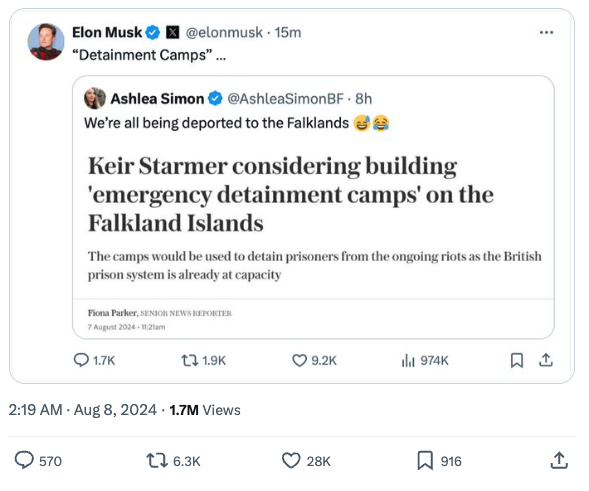
BLOOM: Elon’s increasingly erratic behavior, and decision to unleash the baying hounds of own-the-libs intensely online sorts, seem of a piece. I don’t spend much time on social media these days, other than to post an occasional link to one of my stories or public appearances. Seems to make life better, and goodness knows I could use that in this not-great summer. The hounds have caused some decline in X engagement, with 22% of its half a billion users having “significantly decreased” their time on site, according to a Marketing Scoop survey. That’s bad for long-term prospects, but it’s worth noting how many users remain very much engaged with X’s many fine scammers, bots, sex workers, and extremely splenetic extremists. It’s a reminder of how sticky even problematic platforms can remain, even as they careen into the fever dreams of a ketamine-addled, distracted and fading genius.
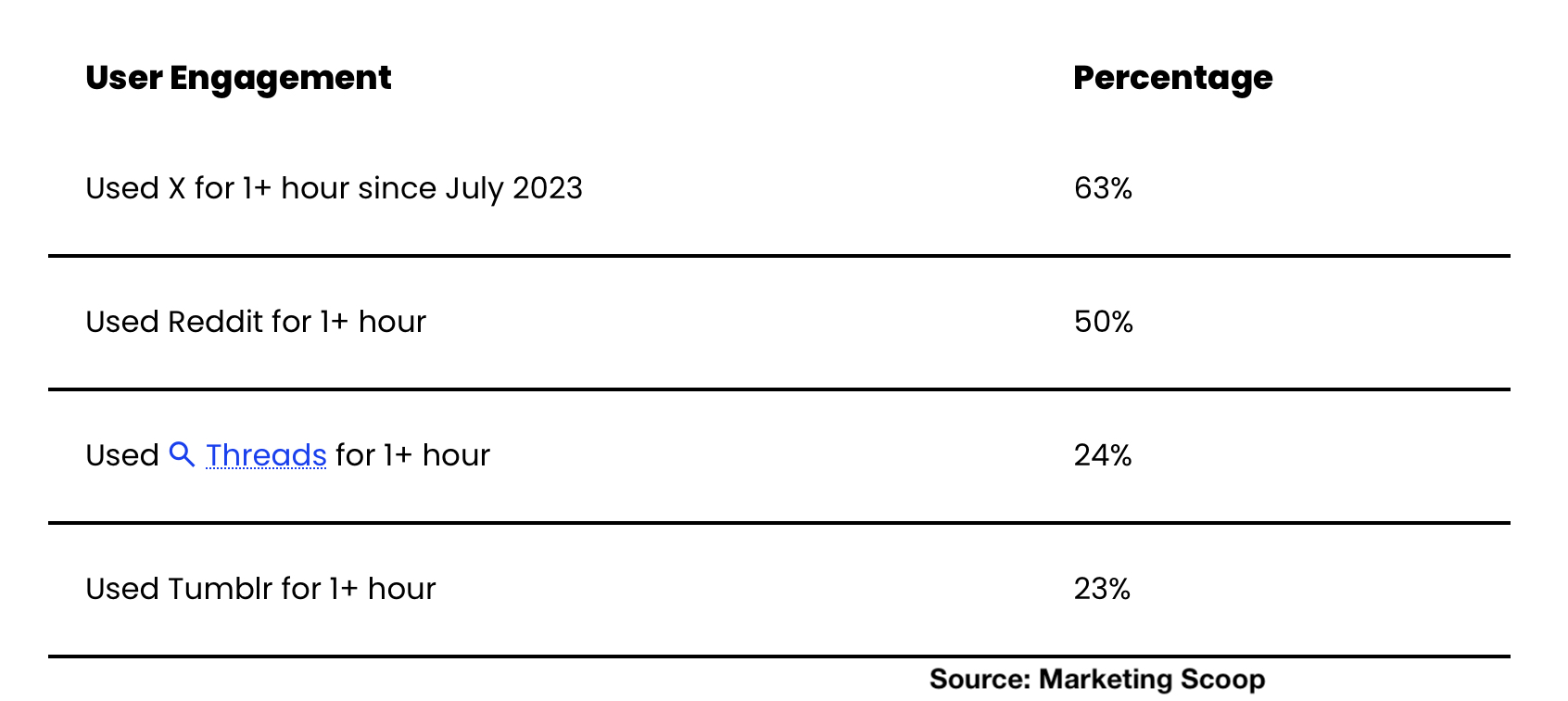
More notable than the platform’s profusion of bottom feeders is Musk’s decision this week to sue advertisers for not spending money on his platform because of the bottom feeders. So much for free speech, which actually does extend to advertisers spending money where they’d prefer their brands to be. Musk, you may recall, publicly told Disney’s Bob Iger and other former advertisers to do unmentionable things to themselves for somehow “blackmailing” him after his anti-Semitic japes and reposts. X CEO Linda Yaccarino must sleep in fire-proof Nomex pajamas, given how often she’s putting out Elon-inflicted flame wars. Even Musk fellow travelers in the judiciary seem unlikely to allow the suit-happy billionaire to force other private companies to spend money on his privately held platform. I’m guessing the latest legal filings are more of his performative bunkum that will disappear soon enough, especially as opposition attorneys prepare to paw through his personal communications. Speaking of advertisers and other near-mythological creatures, what’s up with the Next TV conference next month, and everything after?
FRANKEL: In the words of the actor Ving Rhames' formidable Marsellus Wallace, there is no me and you, not after Sept. 30, anyway.
Well, that's actually not true -- our parent company is making a regrettable (but economically wise) decision to shutter its venerable trade publications, Broadcasting & Cable and Multichannel News, effective at the end of September, with Next TV "evolving" into a "curated" newsletter.
Also read: Future Evolves B2B Media & Entertainment Group to Focus on High-Impact Initiatives
Our "Next TV Summit" event on September 10, and the broader TV Week initiative, remain on the schedule. And this weekly column? You and I have already been talking about how that could live on. Stay tuned! I must confess I was not one iota surprised when this news arrived cryptically on an early August Friday afternoon. Monetizing news has become trickier and tricker ... so much so that our announcement was mushed together with news of Axios layoffs and Red Ventures selling CNET to a company ... that used to be owned by CNET. I owe it to my benefactors, who have let me do largely what I want for the past six years and paid me for it, to go out nice and smoove -- and I will say they've kindly padded and provisioned the crash landing better than most. So I'll speak broadly about trade journalism in general. At some point, the only way to make money turned into these honoree special reports tied to events. "19 Impact Makers Under 19 to Watch!" After a while, that became the focus, at least for many of the big institutional media-entertainment trade pubs. The news sort of faded away ... and the soil of paid iconography grew tired. The other major revenue driver was the events business, which has been five times harder to monetize post-COVID. As someone who merely types mean things about David Zaslav into a box all day, I have felt a little helpless to change our economic trajectory. It's easy to be critical. But there are no easy answers for monetizing news in the era of Web 3.0.
BLOOM: Sigh, if only there was money to be made selling ads around a monthly special edition called "70 Crackerjack Unemployed Trade Journalists Barely Under The Age of 70.” Think of the endless options for honorees! Speaking of endless honors, the Paris Olympics are finally wrapping up. Lots to like, but man, is 2028 going to be a long (if quite cool) grind for us Los Angelenos, should we survive that long. Things I liked this time around:
* People watched on streaming. A lot. Some 17 billion minutes of Peacockery through the morning of Aug. 6, with nearly a week to go. For comparison, that’s more minutes streamed than the last winter and summer games combined, and four times Tokyo’s 2021 levels.
* Hard-core fans got to dive deep. Every sport had its own streaming vertical, with everything Comcast had to offer in one place on demand, and live when available. That had to be especially awesome for the many obscure sports that a traditional prime-time broadcast might touch on for all of five minutes, if at all. It’s definitely the future for college sports programming too, I think.
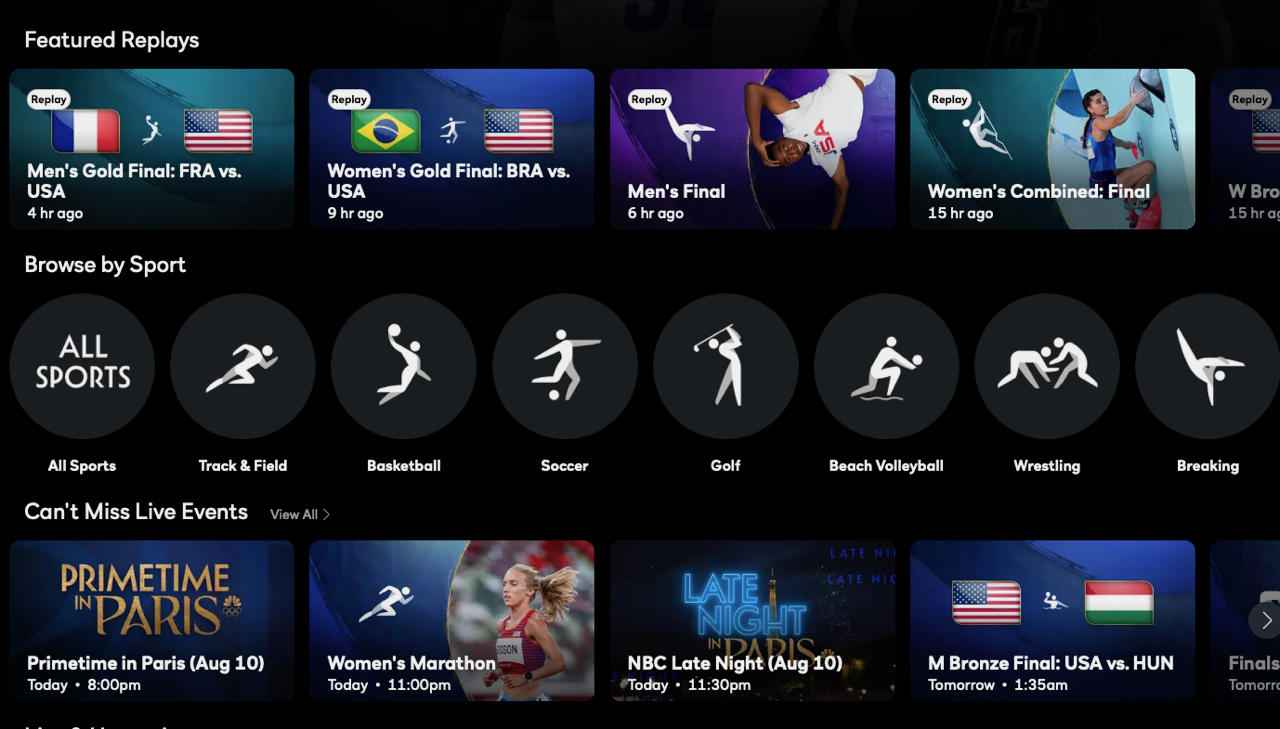
* Snoop Dogg Everywhere. I especially loved his equestrian top hat and tails outfit alongside 83-year-old thirst trap Martha Stewart. Funny, sweet, entertaining, and omnipresent. Just in time to be a judge on NBC’s The Voice next month.
* Other specialized, personality-driven sports packages, like the one pairing Kevin Hart and SNL stalwart Kenan Thompson comically riffing on the day’s highlights….and other stuff. Thompson even excavated his Pierre Escargot SNL character that has been, as he put it in two languages, "in this bathtub for 29 years."
* Advertisers loved it too. NBCUniversal put out a release saying it already had hit the highest Olympic and Paralympic ad revenue ever, more than 2016’s Rio de Janeiro games and the 2021 Tokyo games combined. And 70 percent of sponsors were first-timers.
Things I didn’t like:
* A relentless horde of desperate-sounding artificial-intelligence pitches from multiple tech giants, including Microsoft, Google, Meta and even SalesForce. If you have to advertise this much, does your product really make a compelling case for everyday use? Apple, which is debuting (parts of) its “Apple Intelligence” next month alongside its next batch of iPhones, was nonetheless loudly silent on this category during the games. All I saw Apple advertise was, weirdly, the privacy capabilities of its 21-year-old web browser, Safari.
* Gymnastics, gymnastics, gymnastics. I absolutely understand the insane magnetic attraction that gymnastics provides for a heavily female cohort of otherwise sports-indifferent viewers. But many of this year’s top competitors, from the sublime Simone Biles on down, were in so many team, all-around and individual versions of the same four events that they clearly were worn out by the end. Just look at how many of them - including the G.O.A.T. Biles - had disastrous falls or screwups on the last day’s competitions. They had to be worn out. This is bigger than just the gymnasts. World-class soccer players play 40 weeks of club league matches, with top teams also playing in-season club and country championships. This summer included both Copa America and the Euros championships, plus the Olympics. Many players no longer get summers off to rest and recuperate, because their clubs use the “down time” as a chance to build their overseas fandom with traveling exhibition matchess. Plenty of people questioned why WNBA star rookies Caitlin Clark and Angel Reese weren’t part of the women’s national team this Olympics, but as the New York Times pointed out, both had reason to be grateful for a break . They each played a full season of college ball, presided over their teams’ deep runs in March Madness, and then segued almost immediately to the WNBA. There are limits to what a body can handle, though not, apparently, to what fans are willing to stream. Balance in all things, the oracle at Delphi opined thousands of years ago. Still works here.







